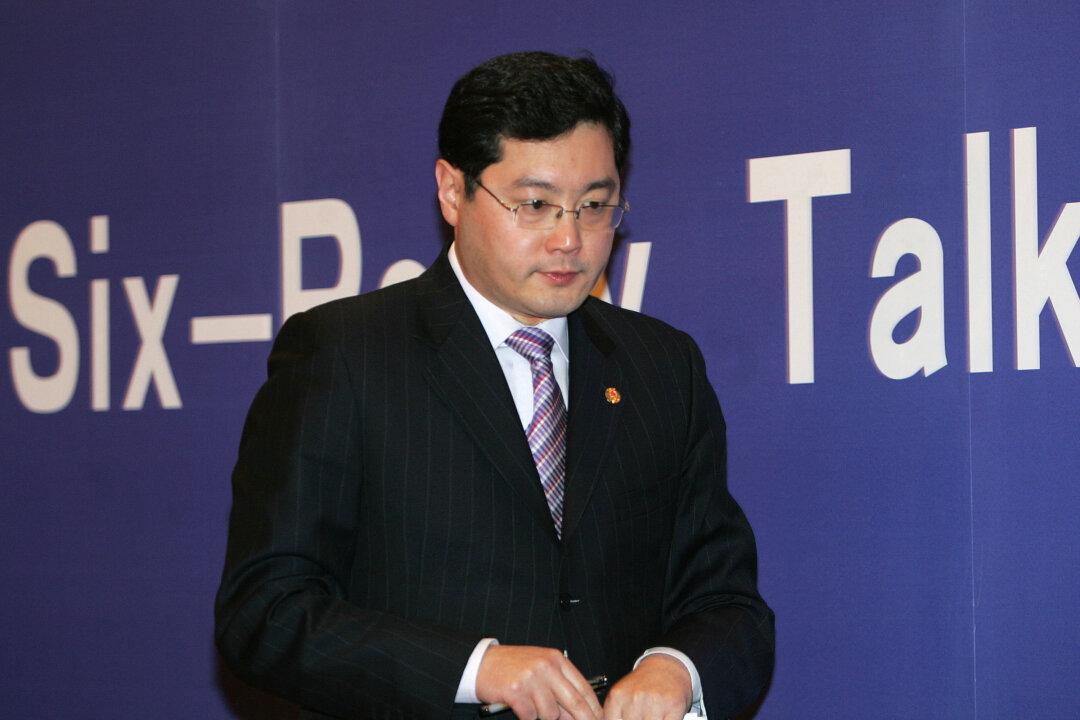Qin Gang, China’s vice foreign minister and a veteran “wolf warrior” diplomat, is expected to replace China’s longest-serving ambassador to the United States, Cui Tiankai, who released a farewell letter on June 21.
“I have worked in the United States for over eight years, and will leave the position and go back to China soon,” the 68-year-old Cui wrote in his letter, which was published on the embassy’s website.





